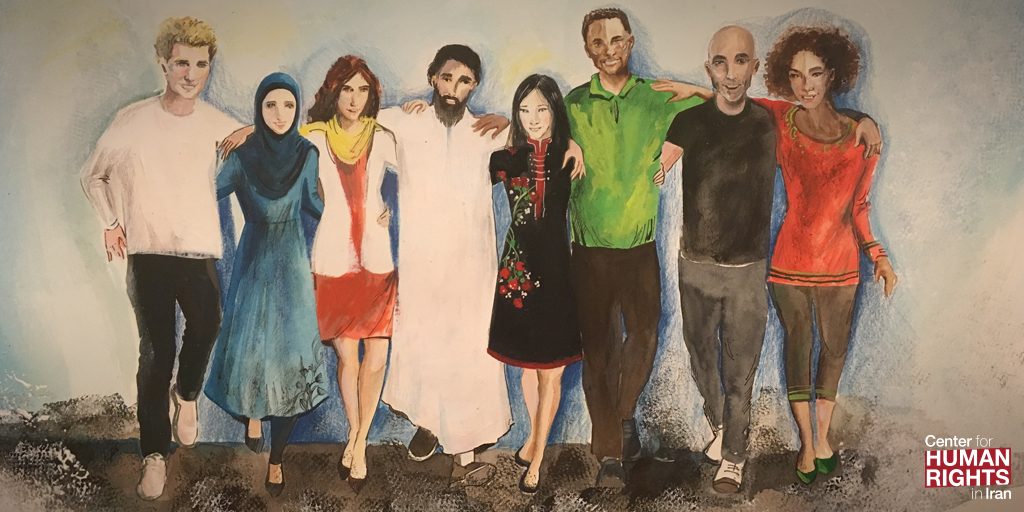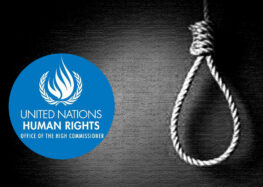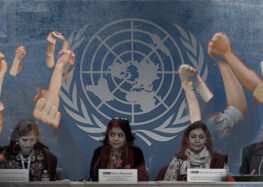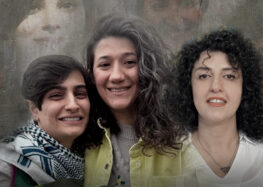Promote Respect for All on the International Day for Tolerance

November 16 Marks the International Day for Tolerance
The International Day for Tolerance, declared by UNESCO in 1995, is observed each year on November 16. The UN says tolerance means “respect and appreciation of the rich variety of our world’s cultures [and] our forms of expression” and “recognizes the universal human rights and fundamental freedoms of others.” This tolerance is lacking in Iran. Religious minorities are prosecuted for the public expression or leadership of their faiths—especially the Baha’i and Christian convert communities—and ethnic minorities such as Kurds and Arabs face broad discrimination.
Intolerance based on other aspects such as sexuality or physical and psychosocial disabilities are also rife. In addition, those who differ with the state’s views—be they political or cultural—face intolerance. Iran’s prisons contain hundreds who are there because they questioned the state’s dictates. The UN says tolerance must be viewed “not only as a moral duty, but also as a political and legal requirement” and emphasizes that “States should draft new legislation when necessary to ensure equality of treatment and of opportunity for all groups and individuals in society.”
In this too Iran is lacking. Its laws are vague, open to interpretation, filled with loopholes and poorly enforced. Its judiciary, the ostensible guardian of the law, is itself a leading human rights violator, which does not address violations of law by any other arm of the state and commits its own violations with impunity through the denial of due process and unfair trials.
The UN notes that “fighting intolerance requires law, education, access to information and individual awareness.” None of these are possible without political freedom, basic civil liberties and protected human rights.
*This essay is from CHRI’s book, Days to Remember: International Human Rights Days and the Pursuit of Human Dignity in Iran.






